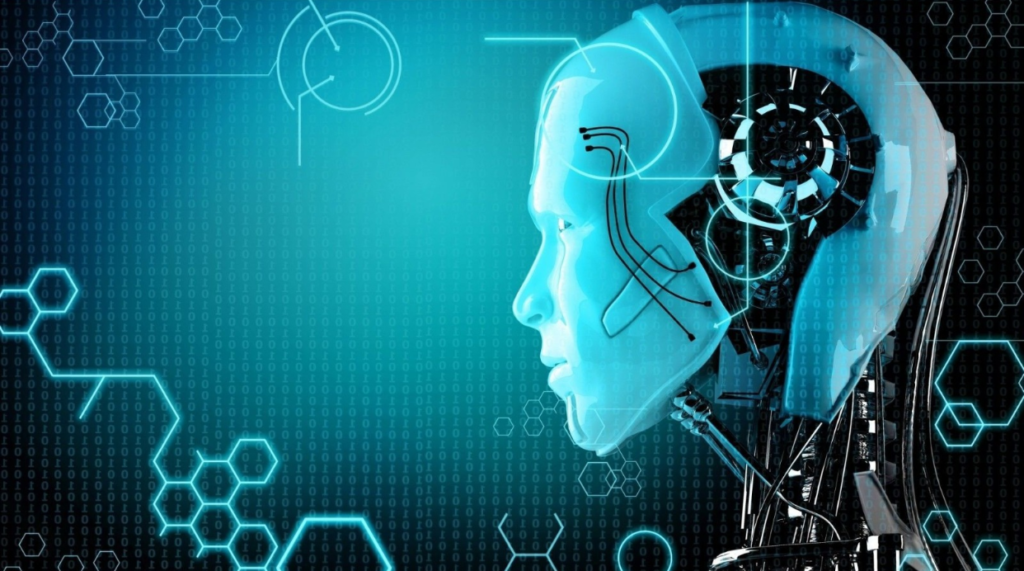OECD’s Declaration on a Trusted, Sustainable and Inclusive Digital Future

OECD’s member states have released a declaration on a trusted, sustainable and inclusive digital future. Please read the declaration in full on OECD’s website.
AI Models Capable of Captioning Images

Salesforce has launched a new model called BLIP which can caption images, visual question-answering, and image-text matching. To learn more, please read the LinkedIn post by Younes Belkada. You can also read the original paper here, or play with the model yourself by clicking here.
EU AI Act: Council of EU Calls for Promoting Safe AI that Respects Fundamental Rights

On 6th December 2022, the Council has adopted its common position (‘general approach’) on the Artificial Intelligence Act. Its aim is to ensure that artificial intelligence (AI) systems placed on the EU market and used in the Union are safe and respect existing law on fundamental rights and Union values. The draft regulation presented by the Commission in April 2021 […]
Explaining Decisions Made with AI

Murat Durmu, writes about the new book from Information Commissioner’s Office and The Alan Turing Institute which is called “Explaining Decisions Made with AI”. To read more about this post and the book, please follow this link.
GPAI 2022 Minister’s Declaration

The Global Partnership on AI has published the GPAI 2022 Minister’s Declaration in Tokyo on November 23rd 2022. Please read the declaration here.
Prof. Marion Ho-Dac of AI Transparency Institute was recently interviewed by ActuAI magazine (Oct-Dec 2022)

Prof. Marion Ho-Dac discusses about consumer protection in relation to AI. See the post below.
AI IN eHEALTH: Human Autonomy, Data Governance and Privacy in Healthcare

A new book in the Cambridge Bioethics and Law series, called AI in eHealth: Human Autonomy, Data Governance and Privacy in Healthcare is just out. It is edited by Marcelo Corrales Compagnucci, Michael Lowery Wilson, Mark Fenwick, Nikolaus Fort and Till Brnighausen. The description of the book says: “The emergence of digital platforms and the […]
EU AI Act: Final Version of the Compromise Draft

The AI Transparency Institute is pleased to share with you the final version of the compromise proposal, prepared by Czech Presidency. This document serves as basis for a possible General Approach. The Czech Presidency invites the delegations to make their final remarks, before the text is submitted to Core working group on 11 November 2022, for a discussion scheduled on 18 […]
EU AI Act: Prepare your conformity assessment and technical documentation now (art. 11)

With the upcoming EU AI Act, time to prepare for the conformity assessment and technical documentation is upon us. While AI Act is undergoing amendments by the EU parliament, the AI Transparency Institute has developed several tools that enable you to conduct your conformity assessment. Please reach out to us if you have questions about […]
Call for Submissions: AI & Big Data for Emergency Response and Preparedness

Please consider submitting your work to the Special Issue on “AI & Big Data Analytics for Emergency Preparedness and Responses Systems”. The deadline for submission is 15 December 2022. For more information, please refer to the call for papers here.